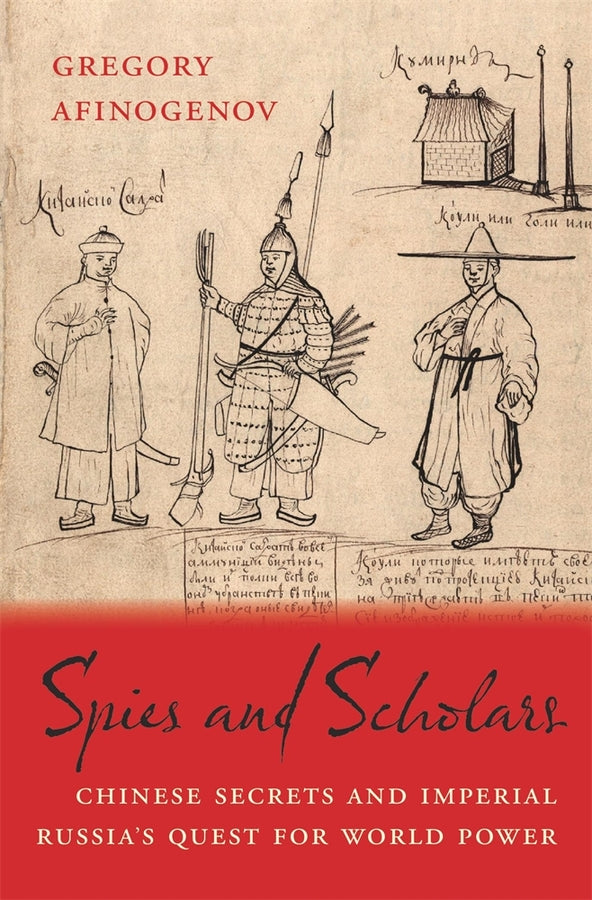Description
Explore the fascinating intersections of espionage and scholarship with 'The Untold Story of Russian Espionage in Imperial China.' This groundbreaking book reveals how Russian intelligence operations out of China influenced the rise of the Russian Empire as a formidable global power. Delve into the depths of history from the seventeenth to the nineteenth centuries, when the Russian Empire deployed an intricate network of spies and scholars to collect vital information about China.
With a compelling narrative, author Gregory Afinogenov takes readers on a journey through the clandestine strategies employed by the Russian state, from bribing Chinese artisans for trade secrets to sending Buddhist monks on intelligence missions. The book meticulously chronicles the evolution of Russian diplomatic efforts over time, distinguishing how the types of knowledge sought aligned with the shifting geopolitical landscape.
Understand how the Russian Empire’s information-gathering tactics extended to various avenues—the Academy of Sciences in St. Petersburg, regulatory and military offices on the Chinese frontier, and beyond. Afinogenov’s work illustrates the complexity of knowledge production during this era, arguing that while the institutional methods may not have always yielded immediate strategic advantages, they played a significant role in shaping perceptions and influences that affected interactions between China and Western Europe. An essential read for enthusiasts of history, espionage, and international relations, this book provides insight into how intelligence and scholarship intertwined to forge history’s path.
With a compelling narrative, author Gregory Afinogenov takes readers on a journey through the clandestine strategies employed by the Russian state, from bribing Chinese artisans for trade secrets to sending Buddhist monks on intelligence missions. The book meticulously chronicles the evolution of Russian diplomatic efforts over time, distinguishing how the types of knowledge sought aligned with the shifting geopolitical landscape.
Understand how the Russian Empire’s information-gathering tactics extended to various avenues—the Academy of Sciences in St. Petersburg, regulatory and military offices on the Chinese frontier, and beyond. Afinogenov’s work illustrates the complexity of knowledge production during this era, arguing that while the institutional methods may not have always yielded immediate strategic advantages, they played a significant role in shaping perceptions and influences that affected interactions between China and Western Europe. An essential read for enthusiasts of history, espionage, and international relations, this book provides insight into how intelligence and scholarship intertwined to forge history’s path.

